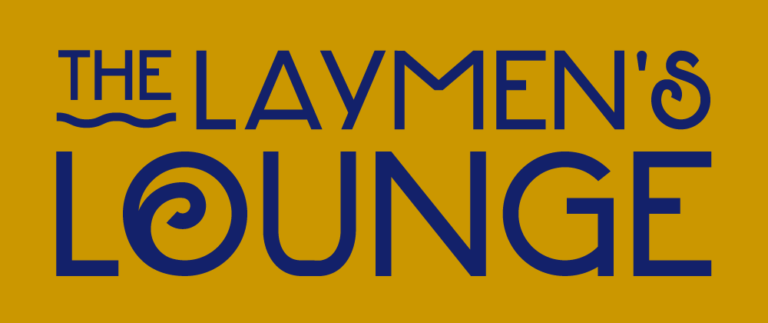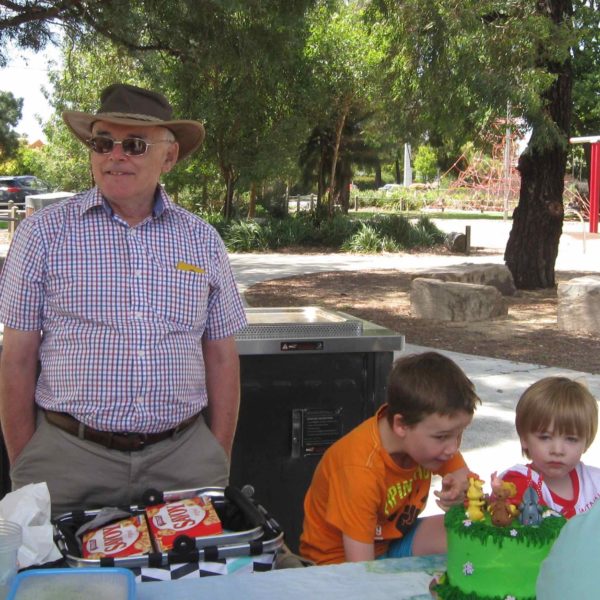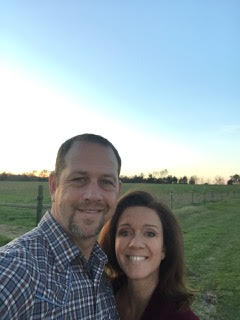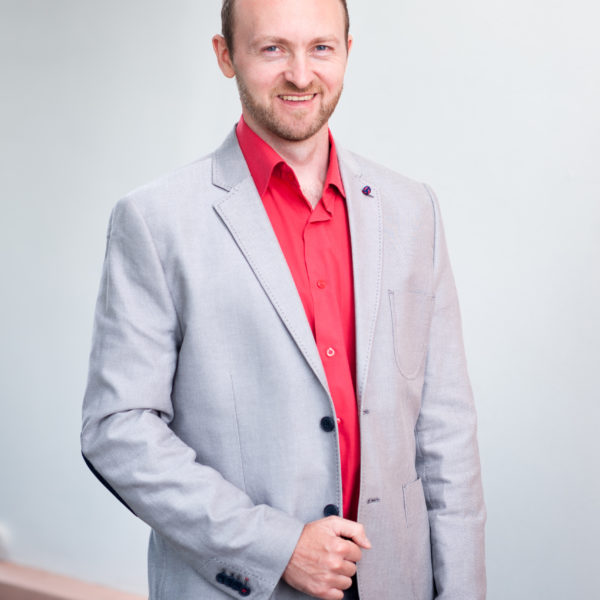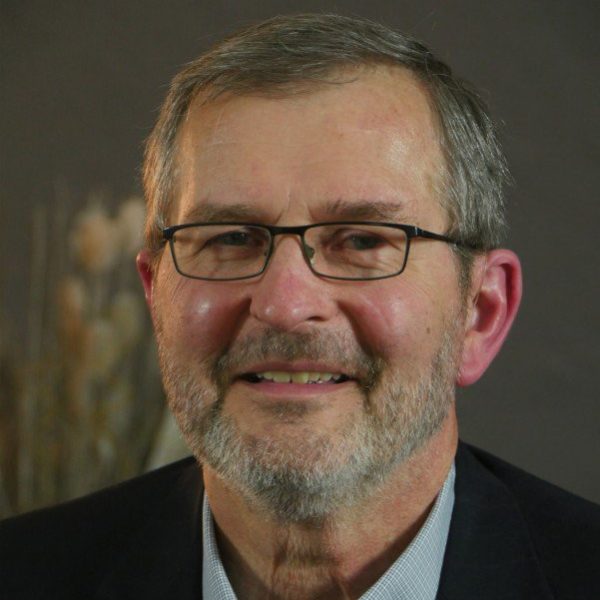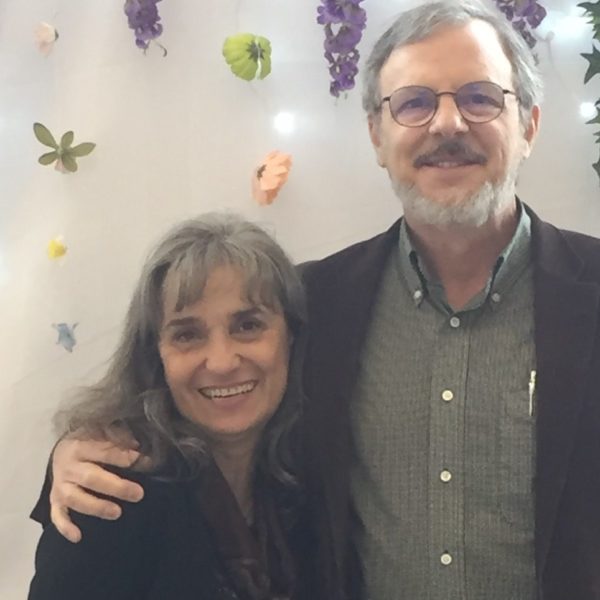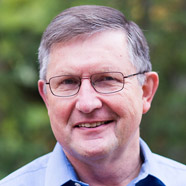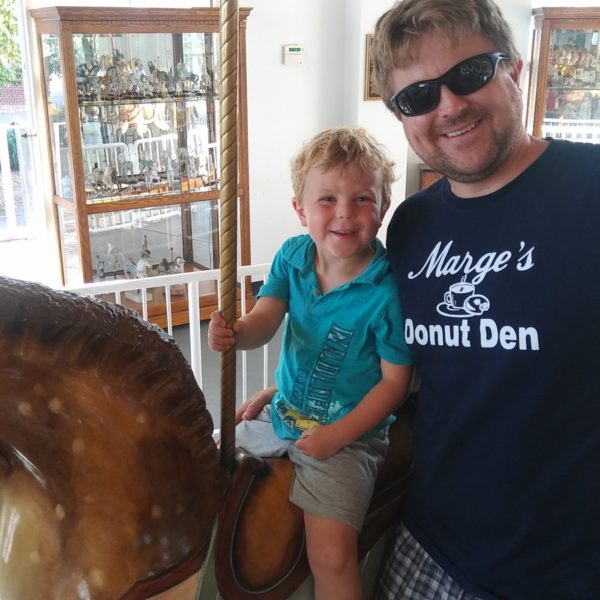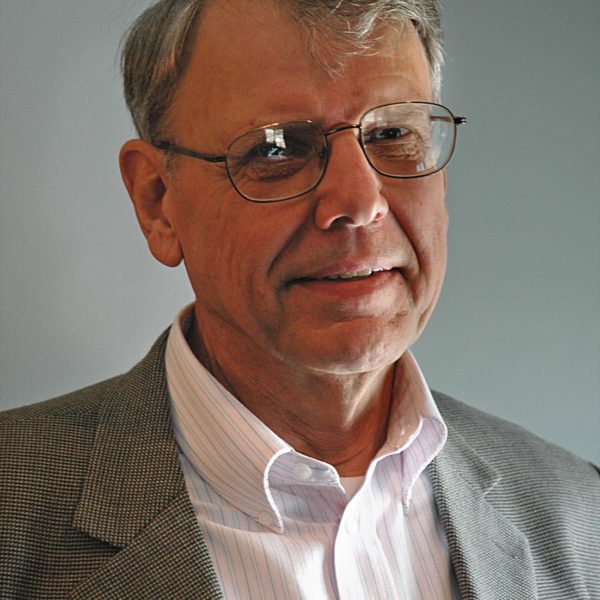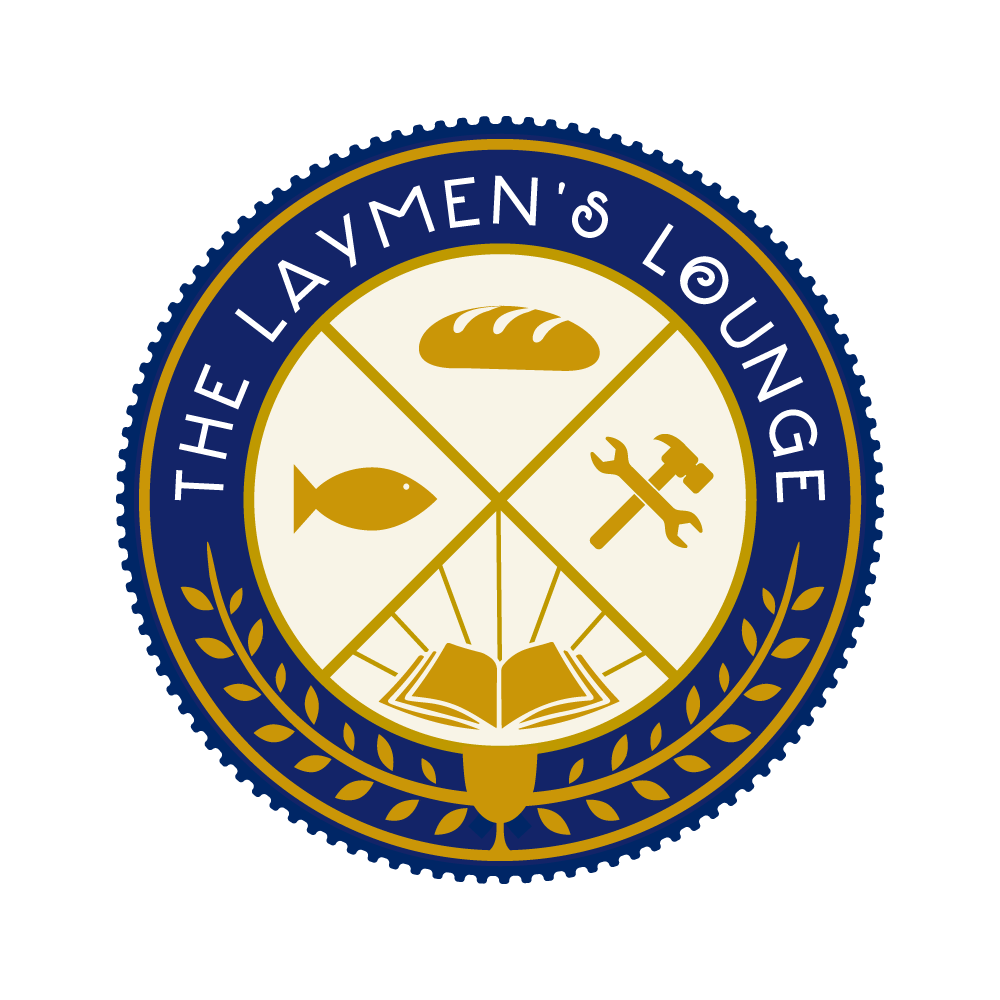The only way we can know God’s goal for the whole world and for ourselves personally is by reading the story of the Bible and seeing how it ends. It’s a love story: God makes world; God loses world; God gets world back.
God did not need to make the world. God, one being in three persons, already had eternal fellowship as Father, Son, and Spirit. God’s goal in creating and redeeming the world was simply to share his life with those who were not God and, in so doing, to expand further his own glory.
I think the Westminster Shorter Catechism gives the best answer to your question: the chief end of humanity is to glorify God and enjoy him forever. We glorify God when we live up to our vocation as creatures in his image, persons who can act as prophets, priests, and kings as God’s representatives: speaking truth, singing praise, doing right.
God’s idea of perfection has a big place for biodiversity and human diversity alike. His wisdom and glory is magnified by the immense variety of stars and species. And he has given different kinds of gifts to different people. There are many ways to glorify God, and each of us should take satisfaction in using our respective gifts as we seek to serve God in our respective posts, whether as artists, musicians, athletes, teachers, doctors, architects, and so forth. There is meaning in doing what God created you to do to the glory of God, and this involves white- and blue-collar work alike. They also serve who stand and wait tables…

